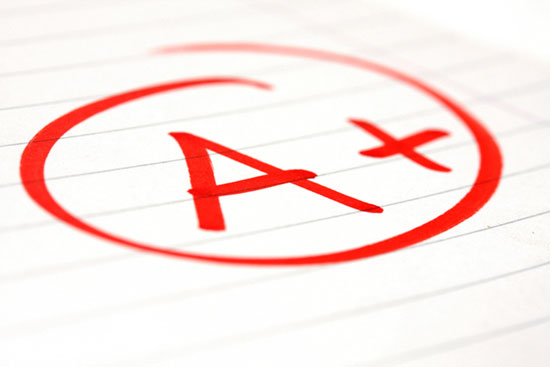THE accompanying story on this page is about a successful Guyanese Grade One student. But it’s also easily a report on the towering success of one Caribbean student from one CARICOM territory who is a standard-bearing example for all other students in all other Caribbean states of whatever nationality or linguistic identity.
This is a story about an ambitious and confident student who sat 19 exams and scored 20 passes.
It’s easy to say ‘it was ‘a fluke’ or that he is simply ‘one in a million’. But none of these captions would sufficiently capture the true and full meaning of the young man’s achievement and what it means and can stand for as an example worthy of emulation across the Caribbean.
The University of the West Indies (The UWI) and the Caribbean Examinations Council (CXC) are only two of the regional institutions that have consistently sounded concern, if not quiet alarm, about the declining scores in exams across the region, be they CXC, CAPE or otherwise.
More educational opportunities are opening up, but the quality of the achievements continues to leave much to be desired. Studies are revealing that as students opt for more scientific and technological subjects in this age of information technology, at the cost of subjects like History, in particular. Science, Technology, Engineering and Maths (STEM) subjects are increasingly being opted for, resulting in the branches of the Caribbean tree increasingly becoming unable to trace their roots through the stem.
Increasingly we hear report of students in classes where their performance is way below par, including the basic ability to read and write well enough.
Every Caribbean territory has at one time or another had a story piling as high as that of Guyana’s young Mr Pile.
Similarly though, every CARICOM territory today has that yearning for better results in one area or another as the seemingly more attractive demands of the IT world continue to attract more and more Caribbean students away from subjects that would better enable them to more directly contribute to searches for and finding of solutions to the myriad of problems facing the Caribbean that are peculiar to this and other small-island developing nations.
It is not clear as yet the fullest extent to which the current situation facing the Sir Arthur Lewis Community College (SALCC) will or may affect the actual process of teaching and learning. The published 2018 national assessments regarding Saint Lucia’s results in this year’s CXC and other regional examinations have led to the usual bedate.
Whatever the assessments however, they should lead to recommendations for improvement, if only from the standpoint that it’s always necessary to encourage students to do better, even when they do good.
It is in this regard that we not only congratulate the worthy Guyanese student, but we also strongly urge parents and students alike to not only admire his achievement, but to also emulate his example.
Go Brave and Big-up, Mr Pile!













